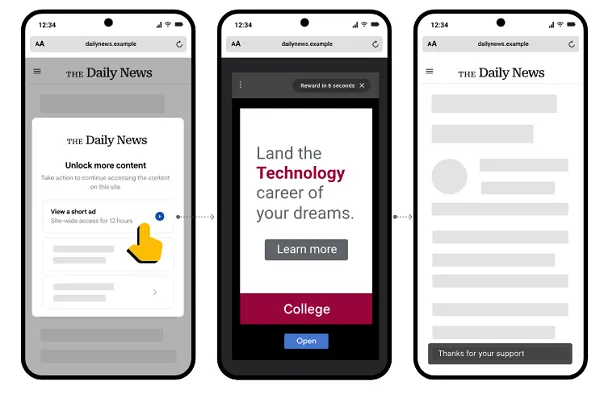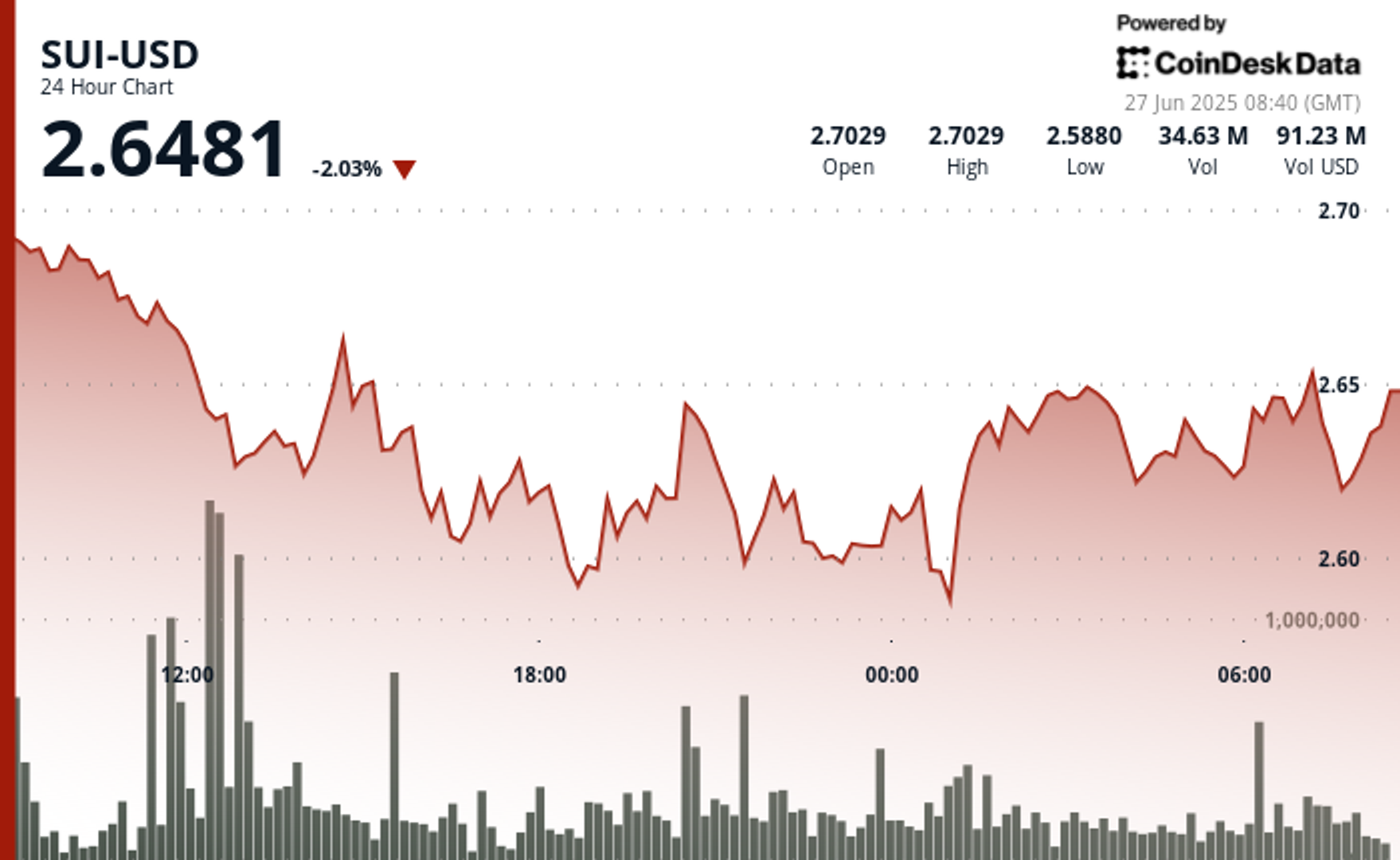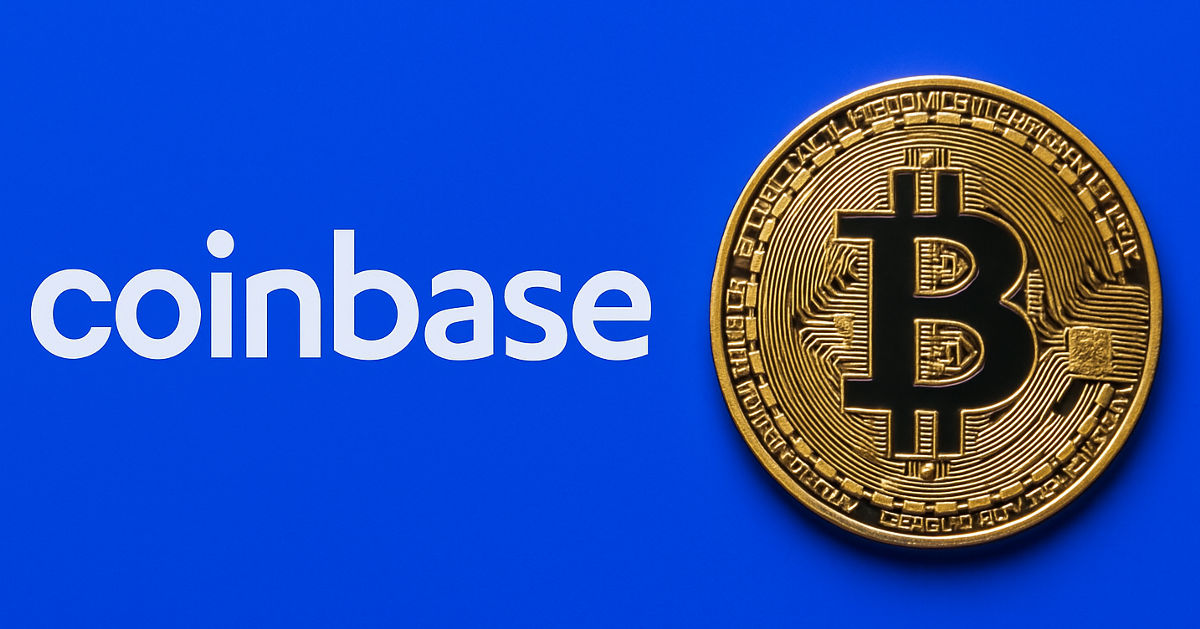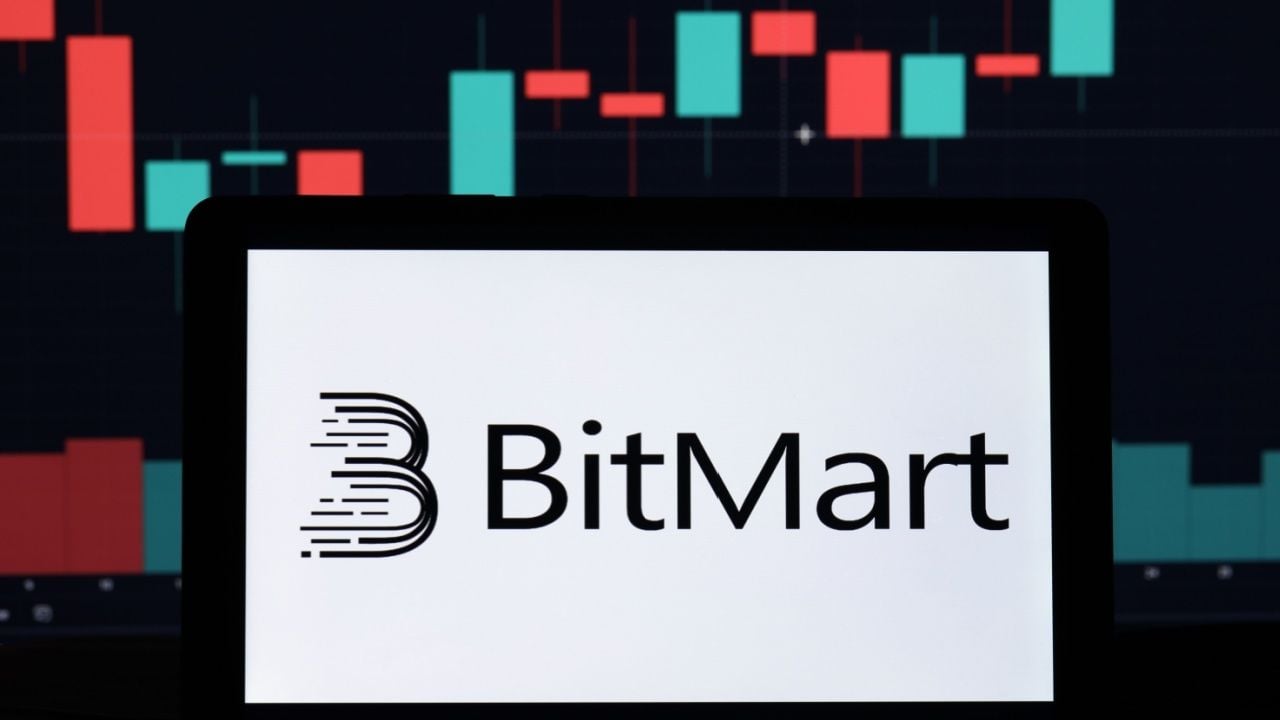PhonePe, HDFC Bank partner to launch UPI-linked co-branded credit cards
New offering targets digitally savvy Indian consumers with RuPay-powered rewards and seamless integration into UPI network.


PhonePe has teamed up with HDFC Bank to launch a co-branded credit card, marking the fintech firm’s entry into the competitive credit card space. The move underscores both companies’ bet on the growing convergence of credit and UPI-based payments in India.
The co-branded card, available in two variants—‘Ultimo’ and ‘UNO’—runs on the RuPay network and is designed to integrate directly with the Unified Payments Interface (UPI). This allows users to make credit payments via UPI QR codes at millions of merchants, a feature enabled by regulatory and network upgrades that now allow UPI-credit linkages.
The partnership brings together PhonePe’s digital payment user base and HDFC Bank’s experience in card issuance and credit risk management. HDFC Bank is currently India’s largest credit card issuer.
“As India’s leading card issuer, it is our constant endeavour to create impactful, tailored offerings,” said Parag Rao, Country Head for Payments at HDFC Bank. “With this co-branded card, users get the best of both worlds with our trusted credit platform and PhonePe’s customer-centric digital experience.”
“This card is positioned to offer PhonePe customers value on their regular spends, by giving them 10% reward points across select categories like bill payments, recharges, and travel bookings. Additionally, consumers can use this card seamlessly across millions of UPI merchants. We are confident that our strategic partnership with HDFC Bank, coupled with the benefits that this card offers will redefine the credit card,” said Sonika Chandra, Chief Business Officer, Consumer Payments at PhonePe.
PhonePe users will be able to apply for the card through the company’s app in a fully digital process. Once approved, users can link the card to UPI and make payments at any merchant supporting the infrastructure. The card also includes value-added perks such as two quarterly domestic airport lounge accesses for ‘Ultimo’ cardholders.
The launch reflects a broader trend in the Indian payments ecosystem, where fintechs are increasingly seeking to combine the reach of UPI with traditional credit products. RuPay, a domestic card network operated by NPCI, has played a central role in enabling this interoperability.
PhonePe, which began operations in 2016, now claims more than 610 million registered users and processes over 340 million daily transactions. It has also expanded into financial services distribution and hyperlocal e-commerce through platforms like Pincode.
The new credit card will be rolled out to eligible users in phases, the companies said.
The rise of co-branded cards
Co-branded credit cards in India have grown rapidly, with banks partnering with consumer brands across ecommerce, travel, fuel, and lifestyle segments. Among the most popular are the Amazon Pay ICICI Bank Credit Card and Flipkart Axis Bank Credit Card, offering cashback on respective platforms and broad appeal among online shoppers.
In travel, cards like the IRCTC SBI Card Premier and Club Vistara credit cards (from SBI and Axis) cater to frequent rail and air travelers with benefits like lounge access and loyalty points. For international travel, the Etihad Guest SBI Card offers air miles and travel perks.
Fuel cards such as the IndianOil HDFC Bank Credit Card and BPCL SBI Card Octane provide higher returns on fuel spends, making them suitable for daily commuters. In the lifestyle segment, the Samsung Axis Bank Credit Card offers cashback on Samsung purchases, while the Tata Neu HDFC Bank Credit Card integrates with Tata’s digital ecosystem through NeuCoins.
Food delivery platforms have also entered the space. The Swiggy HDFC Bank Credit Card provides cashback on food and grocery spends. Zomato previously offered an invite-only credit card in partnership with RBL Bank.
Some cards target merchants and small businesses—for instance, the Pine Labs HDFC Bank Credit Card, which is designed for offline retailers with relevant cashback features.
Overall, co-branded cards are becoming more specialized, offering consumers targeted benefits based on their spending patterns.














![What Is a Markup Language? [+ 7 Examples]](https://static.semrush.com/blog/uploads/media/82/c8/82c85ebca40c95d539cf4b766c9b98f8/markup-language-sm.png)





















































































































































































